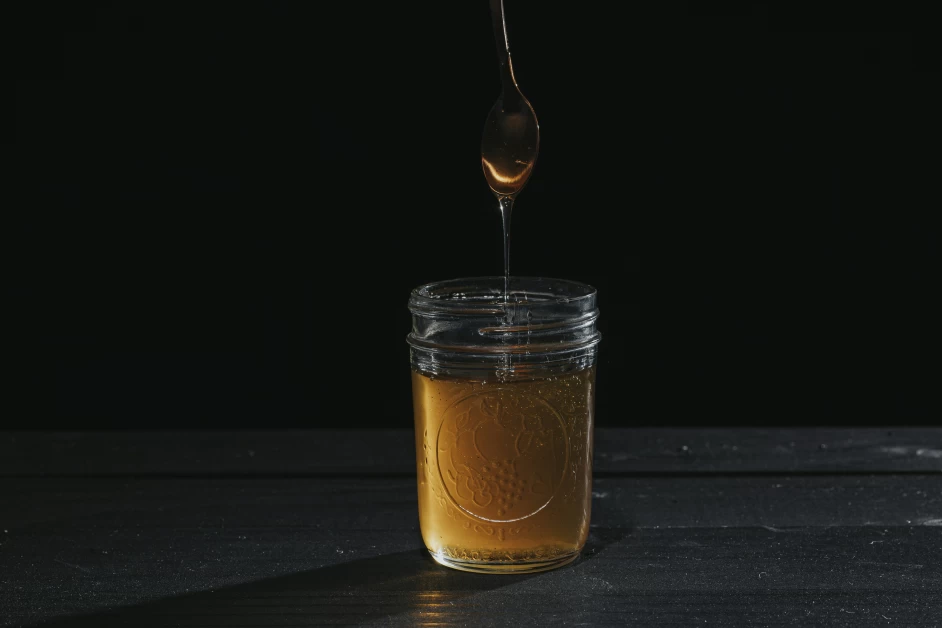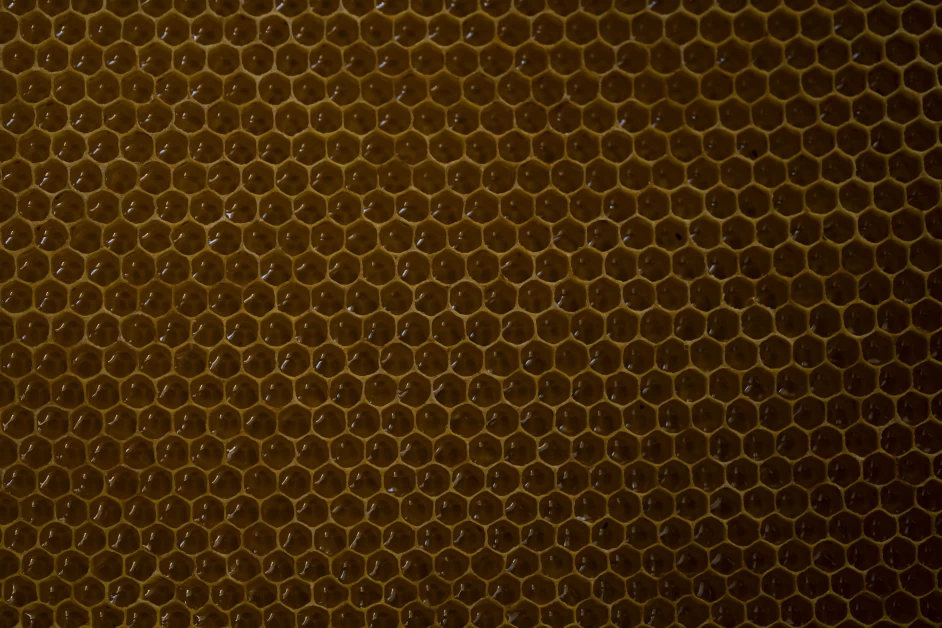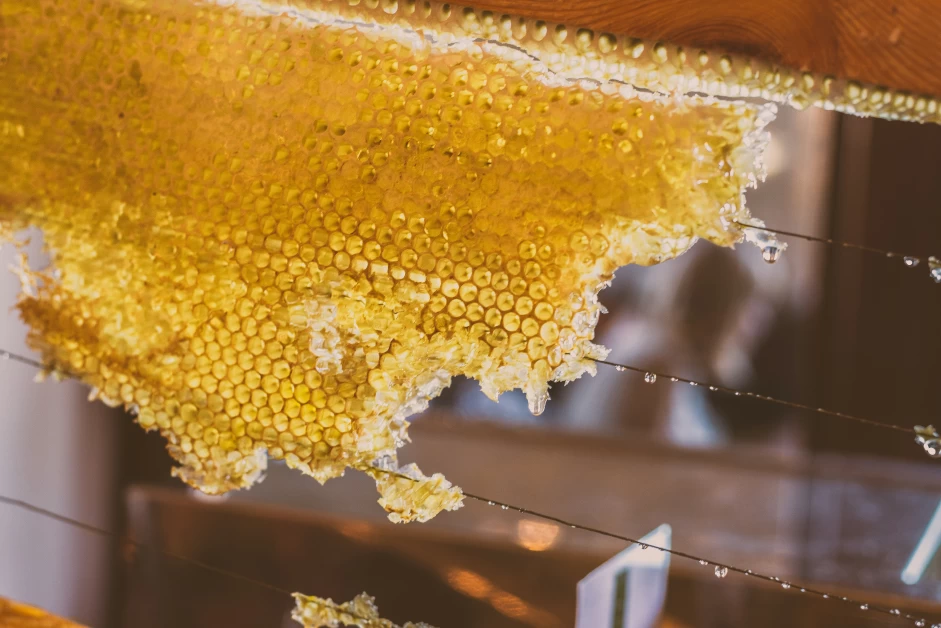Table of Contents
Introduction
Sinusitis, a common condition characterized by inflammation of the sinuses, can cause discomfort and impact your overall well-being. While there are various treatment options available, many people are turning to natural remedies to alleviate sinusitis symptoms. One such remedy gaining popularity is manuka honey. In this article, we will explore the potential benefits of using manuka honey for sinusitis and how it can provide relief.
Understanding Sinusitis and Its Symptoms
Before we delve into the benefits of manuka honey, let’s first understand sinusitis and its symptoms. Sinusitis occurs when the sinuses, which are air-filled cavities in the skull, become inflamed and swollen. This inflammation can be caused by allergies, infections, or structural issues. Common symptoms of sinusitis include:
- Facial pain and pressure
- Nasal congestion
- Headache
- Fatigue
- Cough
- Post-nasal drip
- Reduced sense of smell and taste
The Antibacterial and Anti-inflammatory Properties of Manuka Honey
Manuka honey, a type of honey derived from the nectar of the manuka tree in New Zealand, has long been recognized for its antibacterial and anti-inflammatory properties. These properties make it an ideal natural remedy for sinusitis. Here’s how manuka honey can help alleviate sinusitis symptoms:
Antibacterial Properties
Manuka honey contains a compound called methylglyoxal (MGO), which is responsible for its antibacterial activity. MGO has been shown to inhibit the growth of bacteria, including those that commonly cause sinus infections, such as Staphylococcus aureus and Streptococcus pneumoniae. By inhibiting the growth of these bacteria, manuka honey can help reduce the severity and duration of sinusitis.
Anti-inflammatory Properties
Inflammation is a key factor in the development and progression of sinusitis. Manuka honey has been found to possess anti-inflammatory properties, which can help reduce the inflammation in the sinuses and provide relief from symptoms such as facial pain and pressure. Additionally, the anti-inflammatory properties of manuka honey can help prevent further damage to the sinus tissues and promote healing.
Using Manuka Honey for Sinusitis Relief
Now that we understand the potential benefits of manuka honey for sinusitis, let’s explore how you can use it to alleviate your symptoms:
Nasal Irrigation
Nasal irrigation is a technique that involves flushing out the sinuses with a saline solution. Adding manuka honey to the saline solution can enhance its effectiveness in relieving sinusitis symptoms. To perform nasal irrigation with manuka honey, follow these steps:
- Mix 1 teaspoon of manuka honey with 2 cups of warm distilled water.
- Pour the solution into a neti pot or squeeze bottle.
- Tilt your head to the side and gently pour the solution into one nostril, allowing it to flow out of the other nostril.
- Repeat on the other side.
- Perform nasal irrigation 2-3 times a day for best results.
Honey Steam Inhalation
Steam inhalation can help moisten and soothe the nasal passages, providing relief from congestion and inflammation. Adding manuka honey to the steam can enhance its benefits. Here’s how to do honey steam inhalation:
- Boil a pot of water and transfer it to a heat-safe bowl.
- Add 1-2 tablespoons of manuka honey to the hot water and stir until dissolved.
- Lean over the bowl, creating a tent with a towel to trap the steam.
- Inhale the steam for 5-10 minutes, taking deep breaths.
- Repeat the process 2-3 times a day as needed.
Consumption of Manuka Honey
Consuming manuka honey orally can also provide benefits for sinusitis. The antibacterial and anti-inflammatory properties of manuka honey can help fight off the infection and reduce inflammation from within. Here’s how you can incorporate manuka honey into your diet:
- Mix 1-2 tablespoons of manuka honey with warm water and drink it as a soothing tea.
- Spread manuka honey on toast or use it as a natural sweetener in your recipes.
- Take 1-2 teaspoons of manuka honey directly, allowing it to slowly dissolve in your mouth.
Precautions and Considerations
While manuka honey is generally safe for consumption and topical use, there are a few precautions and considerations to keep in mind:
- Allergies: If you have a known allergy to honey, it’s important to avoid using manuka honey.
- Quality and authenticity: Ensure that you are purchasing genuine manuka honey from reputable sources. Look for a Unique Manuka Factor (UMF) rating on the label, which indicates the antibacterial potency of the honey.
- Consultation with a healthcare professional: If your sinusitis symptoms persist or worsen despite using manuka honey, it’s important to consult with a healthcare professional for further evaluation and treatment.
Conclusion
Manuka honey, with its antibacterial and anti-inflammatory properties, can be a valuable natural remedy for relieving sinusitis symptoms. Whether used in nasal irrigation, steam inhalation, or consumed orally, manuka honey can help reduce inflammation, fight off infection, and provide relief from facial pain and congestion. However, it’s important to remember that manuka honey should be used as a complementary therapy and not as a substitute for medical treatment. If you’re experiencing severe or persistent sinusitis symptoms, it’s always best to seek advice from a healthcare professional.









